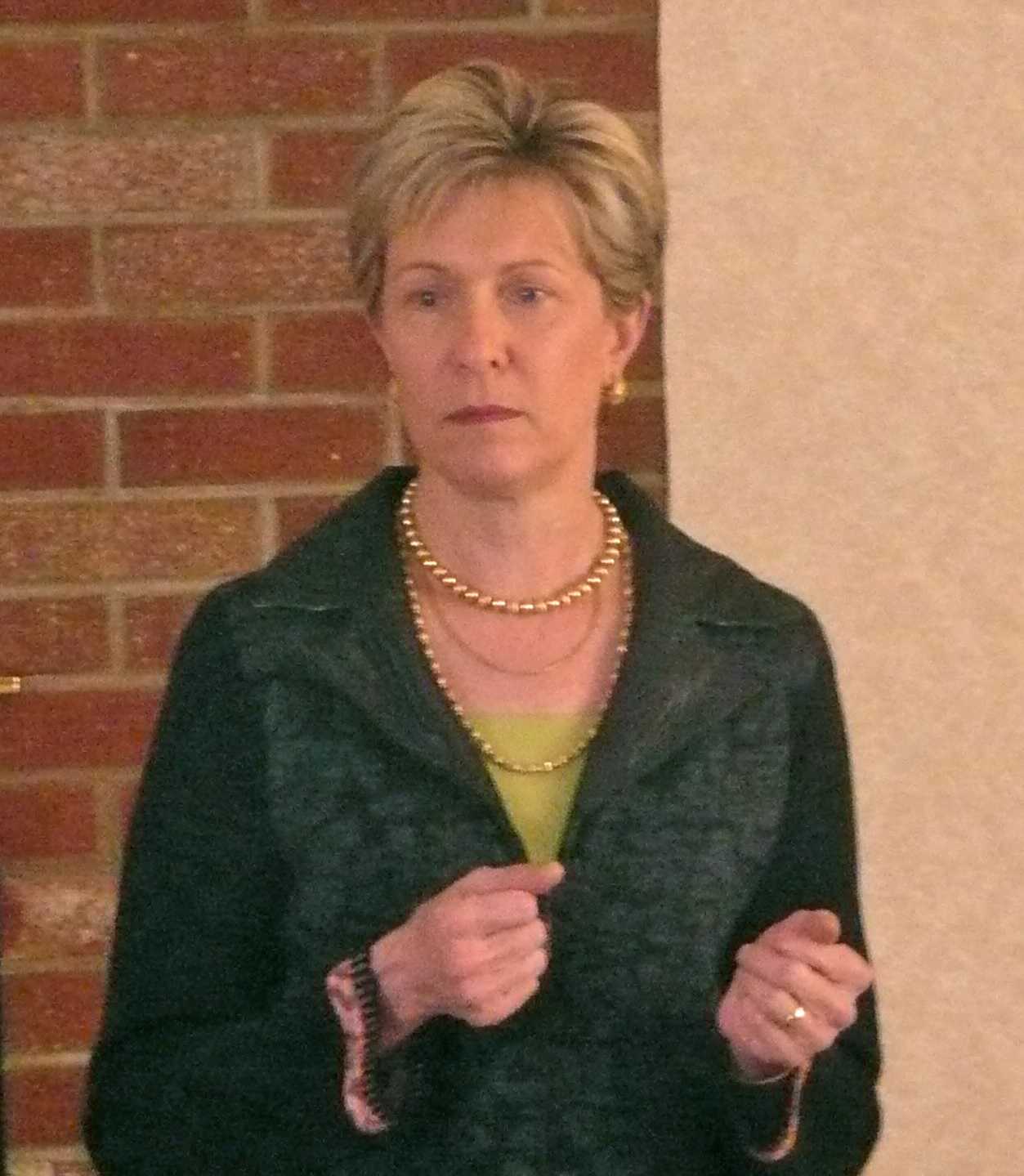A Massachusetts audit released Tuesday found that nearly 1,800 of the state’s more than 13,000 registered sex offenders do not have a current address on file. Close to 1,000 offenders are also missing information on their likelihood to reoffend. In other words, the state government has lost track of hundreds of convicted criminals in Massachusetts — and their records do not show where they are or whether they are dangerous.
The state Sex Offender Registry Board was responsible for verifying the addresses’ of these offenders. Despite being legally required to do so, this was a step they neglected to complete. It remains unclear why this information was not being updated. Did the board lack the funding and resources that it takes to maintain this quantity of information? Was the department being mismanaged? Was it just sloppy work?
Realistically, this kind of dereliction of data is probably not uncommon when it comes to government records. Many departments must deal with half-full spreadsheets and incomplete databases. And usually, that’s OK. Not ideal, but OK. But this information wasn’t just your average spreadsheet. It was critical data on the whereabouts of sex offenders.
There is a reason that sex offenders are listed in registries in the first place. We have agreed as a society that this is information people have the right to know. When a family buys a new house, they want to know if the man who lives next door is someone their children should be avoid. People research this information before they move somewhere, and when they do, they expect that data to mean something.They don’t expect that one in 10 Massachusetts sex offenders are completely unaccounted for.
It must be mentioned, however, that when it comes to the term “sex offender,” there is a lot to unpack. The word has connotations with rapists, child molesters and other truly scary people. These kinds of offenders do make up a good portion of the list. Of Massachusetts’ 936 unclassified offenders, there are 213 convicted of indecent assault and battery, 177 of indecent assault and battery of a child, 143 convicted of rape and 129 of rape of a child.
But who makes up the rest? In Massachusetts, we have some of the harshest sex offender laws in the country, which means that anything from consensual sex between teenagers to public urination can earn you the title of sex offender.
The spectrum is clearly quite broad. Petty offenses, like urinating in public, should not actually be grounds being added to a registry of sex offenders at all. The title of sex offender — and the registry of people who hold the title — would have more weight if it only addressed offenses of substance. Tightening the margin of who makes the list might even help our government agencies to better keep track of people who are actual concerns.
Even the people who do deserve the title of sex offender do not deserve to get lost in the mix. The government should be keeping close tabs on these people — not just for the sake of the community, but for the good of the criminals themselves. There is a lot of stigma around sex offenders, but putting their names on a list and making it harder for them to find a job or buy a house isn’t a solution. They should be attending seminars, meeting with support groups and talking to therapists. If we don’t even have a record of where these people are living, it is clear that we are not doing enough to help them become better members of society.
At the same time, the United States is seeing a huge rise in conservatism and “family values.” These things make it difficult to attempt reform in the registry system — it’s hard to frame such a taboo issue in a way that’s appealing to people. But that doesn’t mean it doesn’t need to be done.
Even if reform were imminent, or even if we had the home address of every registered sex offender in Massachusetts, this still wouldn’t mean that we were 100 percent safe. Many dangerous people inevitably don’t make this list, and that’s not even considering how many people never bother to check the list in the first place. Perhaps this lapse in security will force people to confront their naivety, be a little more aware and a little safer.


















































































































Jim • Sep 28, 2017 at 7:17 pm
This mess can really bring a big change.I really appreciate them